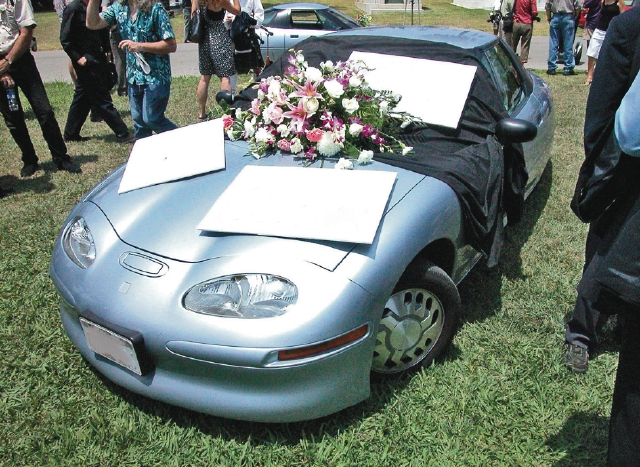Who Killed The Electric Car?
Environmentally Aware Documentary Provides Fuel For Conspiracy Theories


Mel Gibson is crazy. ... Crazy for electric cars
Latest Article|September 3, 2020|Free
::Making Grown Men Cry Since 1992


Mel Gibson is crazy. ... Crazy for electric cars